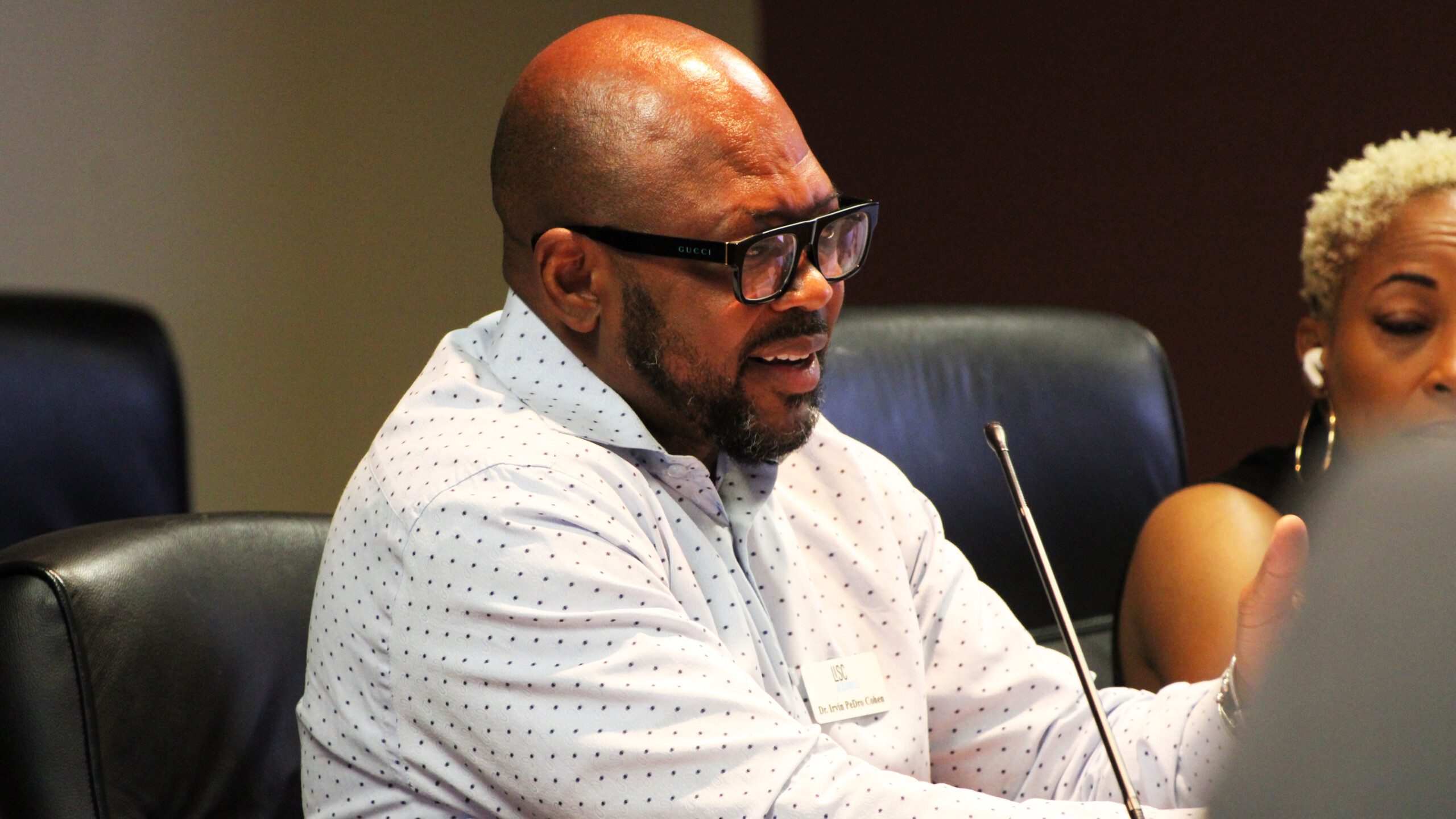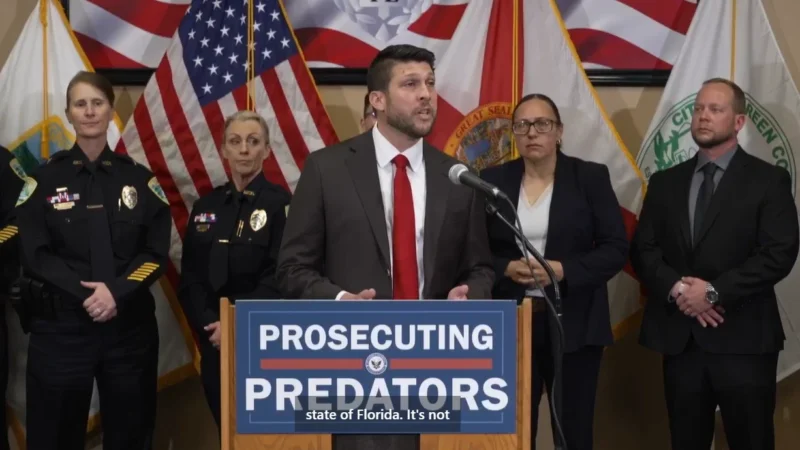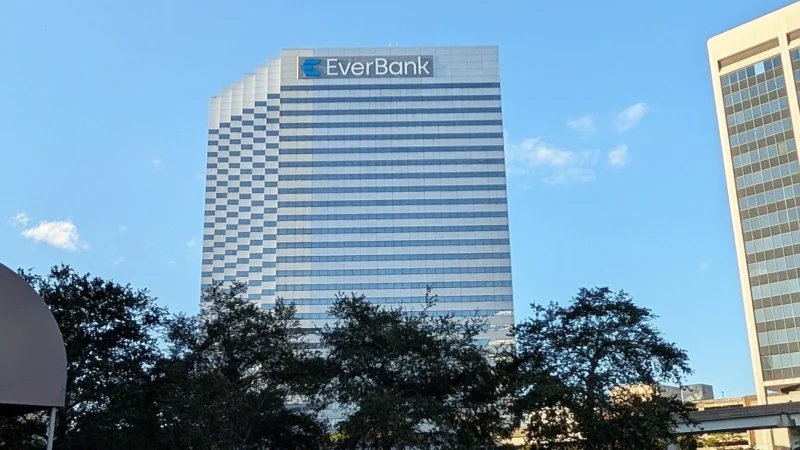A committee looking to solve Jacksonville’s affordable housing issue is developing a wide-ranging list of ideas — from easing restrictions on land use to creating a landlord registry that could help tenants pick the best ones.
A total of 147,000 people fill the Jacksonville Housing Authority’s waiting list for an affordable rental. Mayor Donna Deegan has made it clear she feels the issues leading to that long list should be addressed.
Attainable housing was a top priority Deegan mentioned in her budget presentation July 17, and the Infrastructure Housing Committee was conceived to help generate an outline on how to tackle the issue – both in the short term and long term.
Here are highlights of the group’s short-term suggestions:
- Update the 2045 Housing Comprehensive Plan with subcommittee recommendations and develop clear policy goal directives with benchmarks and timelines.
- Institute a housing oversight committee.
- Streamline the permitting process.
- Expand and commit local, recurring, dedicated funding aimed at filling gaps and building developer capacity.
- Promote the construction of “missing middle housing” — such as more dense multiunit homes typical of pre-1950s era — and increase the allowed density of future development through zoning reform.
- Provide incentives to developers and community housing partners to produce low-income, affordable and workforce housing.
- Address tap and connection fee barriers to affordability.
- Support eviction prevention programs.
- Launch a “Housing Resource Center” to coordinate and promote housing opportunities, resources and protections to the public.
- Support homeownership preservation strategies that provide educational information to address heirs’, properties, property tax relief and home repair programs.
These committee suggestions are expected to take more than two years:
- Reform code enforcement.
- Create a landlord registry.
- Create a technical assistance program.
- Raise awareness of available construction, development and rehabilitation incentives.
- Allow duplexes on all properties within the urban area.
- Convert city-owned commercial buildings to residential.
- Maintain a list of local nonprofit developers and their annual capacity, and work toward increasing that capacity.
- Coordinate with Jacksonville Transportation Authority to support transit-oriented community development.
Housing scarcity
Duval County has a shortage of 5,704 apartments, regardless of income level, according to data gathered by the Florida Apartment Association. That number rises to more than 24,800 units for low-income households.
The shortage is only expected to grow, especially since 91% of land in Duval County designated for residential housing is zoned for single-family homes, while 9% supports apartments.
By 2030, the association estimates there will be a shortage of more than 61,000 units for all households and a shortage of nearly 44,000 for households earning less than $35,000 a year.
Current data shows almost 30% of Duval County’s households earn less than $35,000 annually.
So the committee suggests the city lessen regulations on density in areas where it makes sense to do so.
Protecting homeownership
Irvin Cohen, a committee member and the executive director of Local Initiatives Support Corp., a community development corporation that helps fund affordable housing efforts, said it isn’t just about getting people into homes they can afford. It’s also about keeping them in homes where they’ve already been safe for years.
He referenced “heirs properties,” or homes handed down through families.
“Each year, thousands of Jacksonville residents lose ownership (of) homes that are already affordable to them,” a report by Cohen’s organization states. “Therefore, preserving homeownership is an underappreciated and often overlooked way to address the affordable housing crisis.”
Housing chief
Another highlight of the draft report is to create a position of chief housing officer to shepherd the process of dealing with this issue.
Committee chair and Affordable Housing Director Joshua Hicks said the city needs someone in that role “devoting their life and attention” to it.
“I think it’s vitally important that someone is in the mayor’s office who’s leading this charge,” Hicks said.
Landlord registry
The committee also suggests the city create a landlord registry that could help renters navigate available rentals based on a grading system — A for the best landlords and places, C for mediocre and so on.
But Hicks cautioned that the creation of a registry, as with all the recommendations listed, is up to the city on whether and how to implement each bullet point.
“We’re not requiring a landlord registry,” Hicks says. “We’re making it as a suggestion. It’s up to the Deegan administration to take any of our recommendations and move those forward.”
Cohen said the list aims to provide “guardrails” for the community.
“I think what we have done here today was intentionally put guardrails in place – that protects renters, that protects communities – that takes into consideration that the house is the biggest investment that people are going to invest in in their lifetime,” Cohen said. “You’ve got to take one step forward, and I think this is it.”
The last meeting of the committee is set for 11:30 a.m. Friday at the Ed Ball Building, 214 N. Hogan St.







